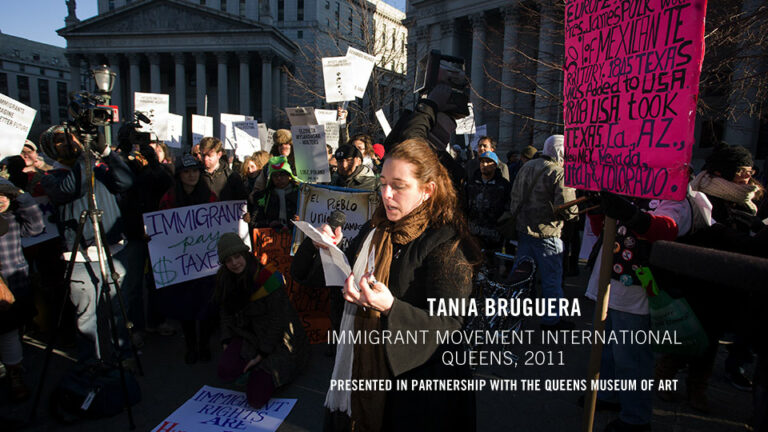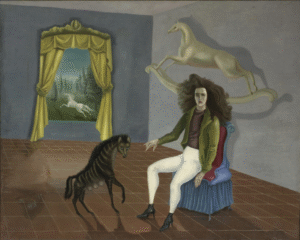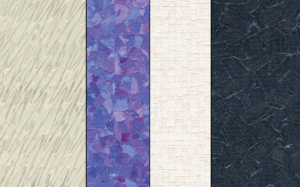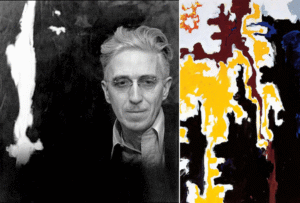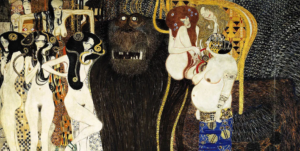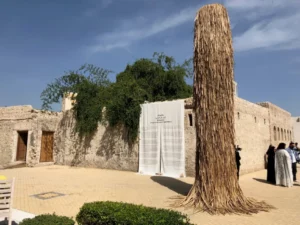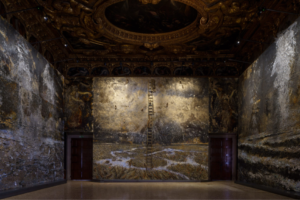Here in the United States, we love to holler about our freedom of expression. Whether we use it for better or for worse, it is one of the founding values of our nation and our culture. It’s powerful—it inspires revolutions and brings people together and generally undermines the foundations of injustice. It’s uniquely democratic–freedom of expression is fundamentally incompatible with tyranny. That’s because freedom of expression leads to freedom of thought.
Art has always had a tense relationship with politics. Plenty of great art is inspired by political realities; Guernica is one obvious example. Art can give people a way to convey the feelings and opinions that they can’t put into words, so it’s a natural outlet for protest. It also has a way of spreading and affecting the people that experience it. That makes it a potent tool for trying to incite or prevent change, which in turn makes it a threat to any and all political regimes.
So, art and politics end up in a cycle where politics can inspire art and at the same time conspire to destroy it or stop its dissemination. In extreme cases, the artist herself may be targeted by the regime in question. That’s what happened to Tania Bruguera.
Who Is Tania Bruguera?
Tania Bruguera is a Cuban performance and installation artist. Her work is explicitly political, protesting against Castro’s totalitarian rule. In one of her most famous performances, she stood naked with a slaughtered lamb hanging from her neck and ate soil mixed with salt and water for 45 minutes. The piece was called Burden of Guilt; Edward Rubin describes it as a reminder that “freedom, liberty and self-determination are not abstract ideals, but achievements that deeply inscribe their meaning on our physical being.”
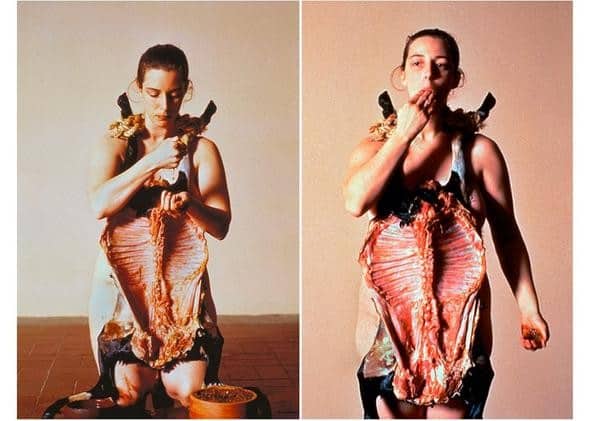
This year, she planned a piece called Tatlin’s Whisper. It was simple—she would set up a microphone and anyone who wanted to could speak for a minute. She has staged the same piece twice before, most recently in 2009 in Havana. Many participants asked for freedom, which led the government to denounce her work. When she planned a repeat performance this year, she was denied a permit. Bruguera continued to prepare for the piece anyway.
On the morning she was planning to stage Tatlin’s Whisper, she woke up to find the police banging on her door. When she picked up the phone, she found that the lines had been cut. She spent the next 26 hours being interrogated by the police. When they finally released her, they kept her passport.
A Government That Is Afraid
Speaking about her arrest, Bruguera noted that “a government that is afraid is extremely dangerous.” We don’t even need to go into the irony of arresting an artist for creating a work about freedom. Her work highlighting Cuba’s repressive policies clearly instilled fear somewhere in the regime. So what is it that’s so dangerous about her art and political art in general? It’s tough to pin down an answer. In the bleakest case, it’s possible that people don’t know that freedom of expression is possible and works like Bruguera’s are threatening because they’re informative.

However, enough people in Havana knew about freedom of expression to ask for it during the 2009 staging of Tatlin’s Whisper. If people already know about and want freedom of expression or any other right, what difference does the art make? There is something more to it than mere transmission of information. It’s an act of protest, but there are lots of protests that never affect any change. It’s more than information and more than a protest. Something about art is contagious, spurring people to action. That’s what makes it so potent.
Tomorrow’s Cuba
Bruguera’s arrest was particularly timely–it came just weeks after the US and Cuba formally reopened relations. It seems likely that there will be a great deal of tension between the government and Bruguera and other artists in the near future as Cuba makes some tough decisions about how it’s going to operate going forward. As the borders open to US influence, perhaps we’ll see a shift toward greater liberty. Perhaps we’ll learn something about our own conceptions of freedom. In any case, Bruguera will be there to speak the truth.

